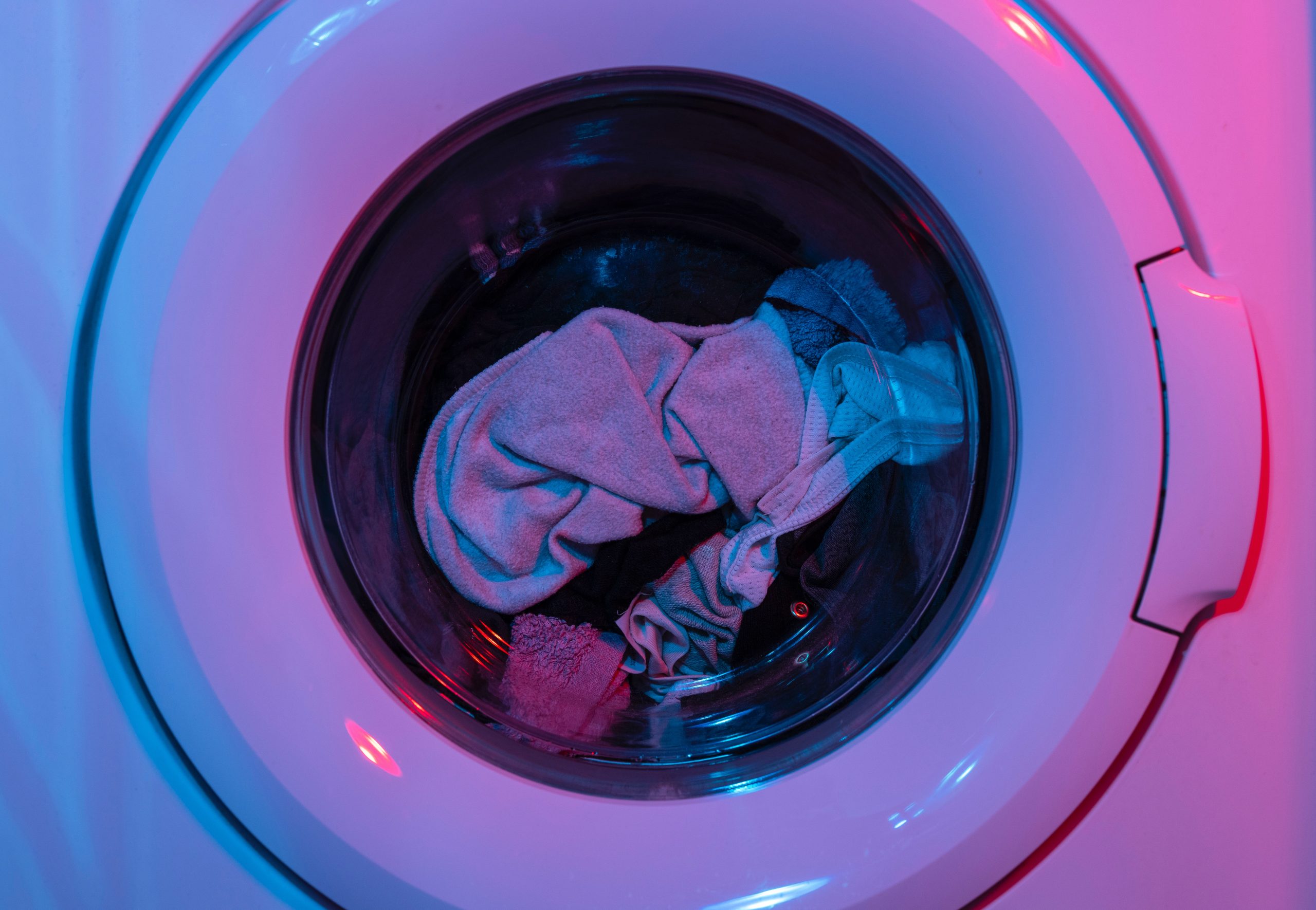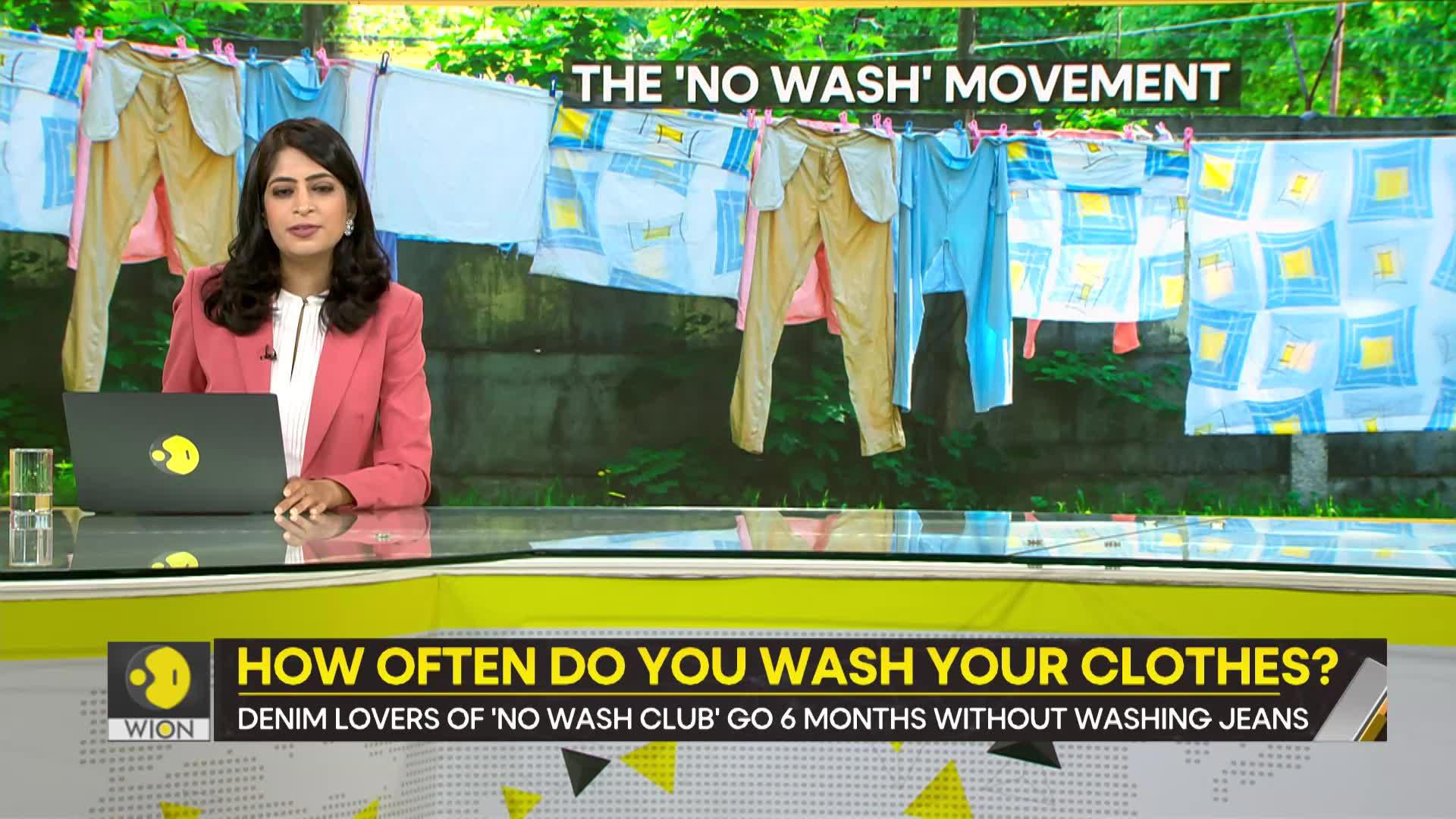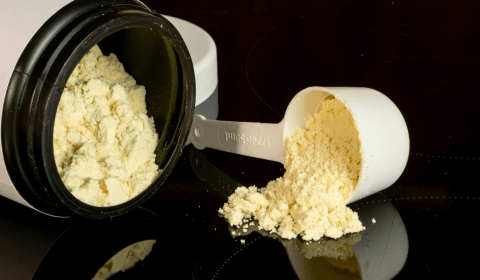A growing cohort of people have joined the ‘no-wash’ movement, opting to cut back on doing laundry to reduce their environmental impact and help their clothes last longer.
Resale, rental, regeneration – you name it. In 2023, there’s no shortage of ways for the style-obsessed to ensure we’re being as conscious with our consumerism as possible.
However, as planet positive as these options are, the world is still drowning in fabric, and to truly move away from throwaway fashion’s clutches, working to increase the lifespan of what we already have is our best bet.
This is no easy feat in the digital age, where trends come and go at rapid speed.
Disposability is widely accepted. According to the Ellen MacArthur Foundation, which endorses waste reduction, we’re currently buying 60% more garments than we did a decade ago, but we’re only keeping each item for half as long. How can we treat the contents of our wardrobes with more care and a heightened sense of circularity?
The answer could be the ‘no-wash’ revolution.
Originating with hair in 2014 (water was still in, but shampoo was out), the exacerbation of the climate crisis in the years since has turned people’s attention to laundry.
As a result, a growing cohort have newly joined the movement, opting to cut back on how many loads they do due to concerns about the environmental impact of hot washes, water usage, and carbon-intensive detergents, as well as the cost of putting on a quick spin amid soaring energy prices across the globe.
‘I stopped washing my clothes as much during winter 2022,’ a recent convert told the Guardian.
‘The drivers for me were the rising energy costs, the effect on the environment and the inability to dry clothes easily inside. It occurred to me that I didn’t need to wash clothes as often. Most clothes really only needed a freshen up.’






















